2025
Comparably’s Best Company Outlook
* Providing engineering services in these locations through SWCA Environmental Consulting & Engineering, Inc., an affiliate of SWCA.

From the experts we hire, to the clients we partner with, our greatest opportunity for success lies in our ability to bring the best team together for every project.
That’s why:
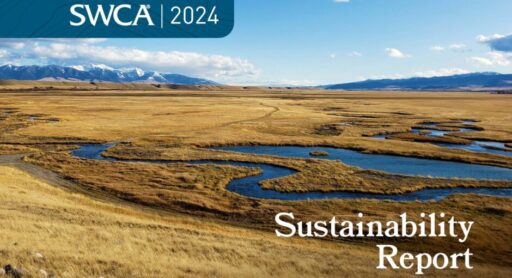
At SWCA, sustainability means balancing humanity’s social, economic, and environmental needs to provide a healthy planet for future generations.
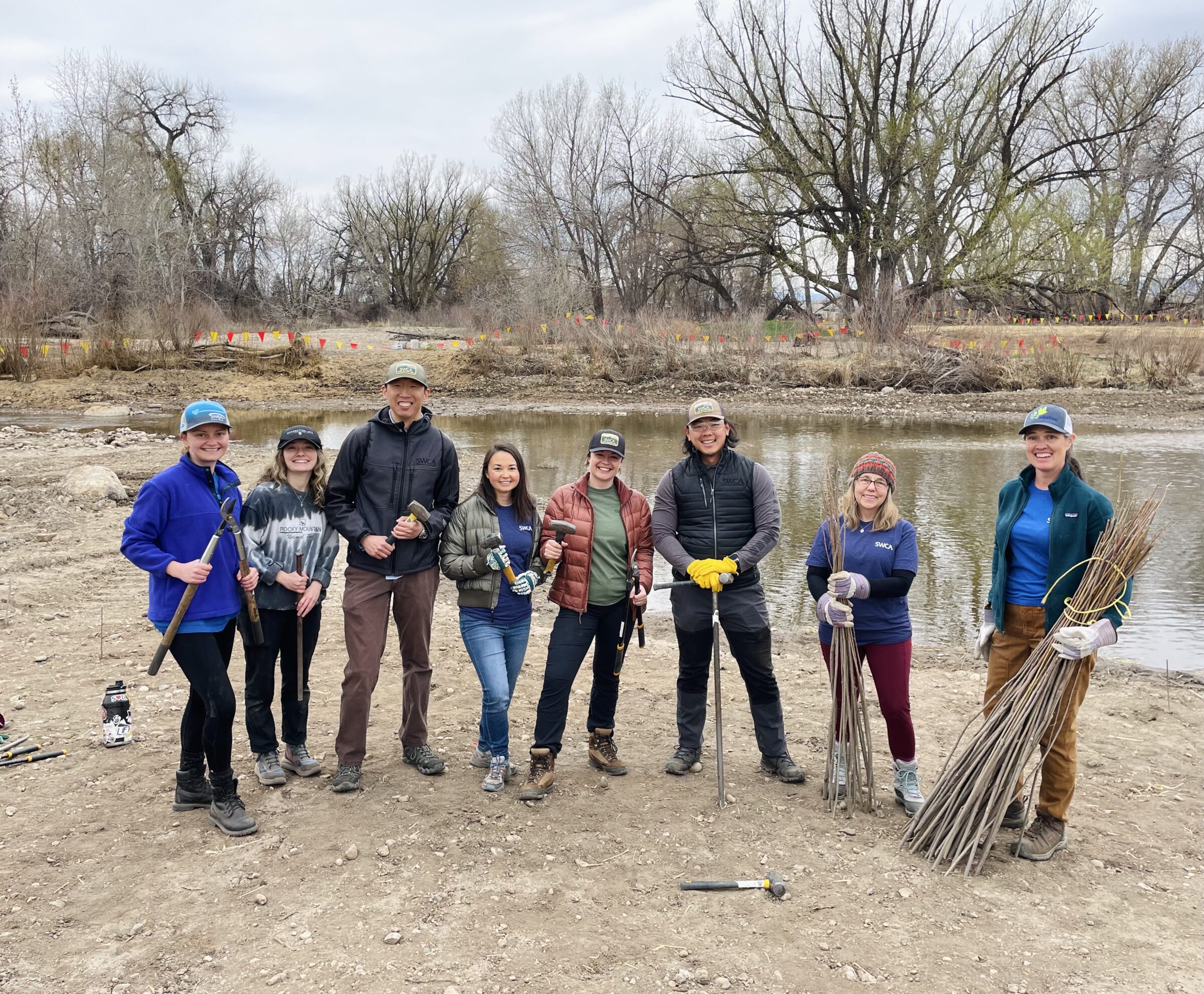
SWCA employs smart, talented, problem-solvers dedicated to our purpose of preserving natural and cultural resources for tomorrow while enabling projects that benefit people today.
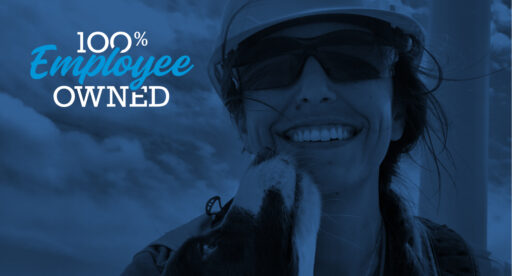
At SWCA, you’re not just an employee. You’re an owner. Everyone you work with has a stake in your success, so your hard work pays off – for the clients, for the company, and for your retirement goals.
Engineering
When the most challenging problems arise, look for the creative thinkers. At SWCA, we're engineering sustainable solutions for tomorrow’s world.

For questions or further information, please fill out the form below.
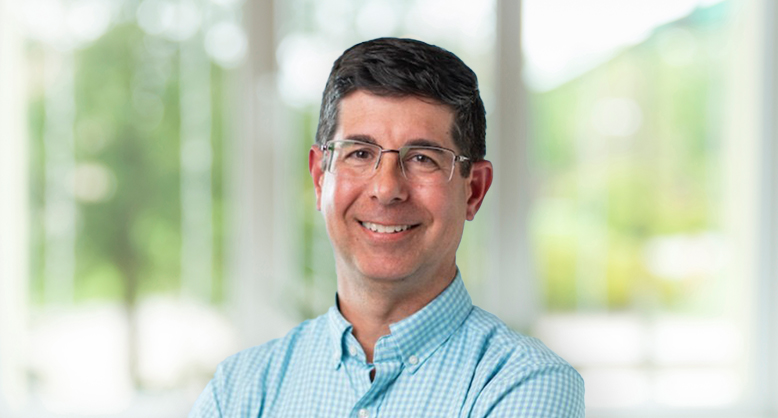

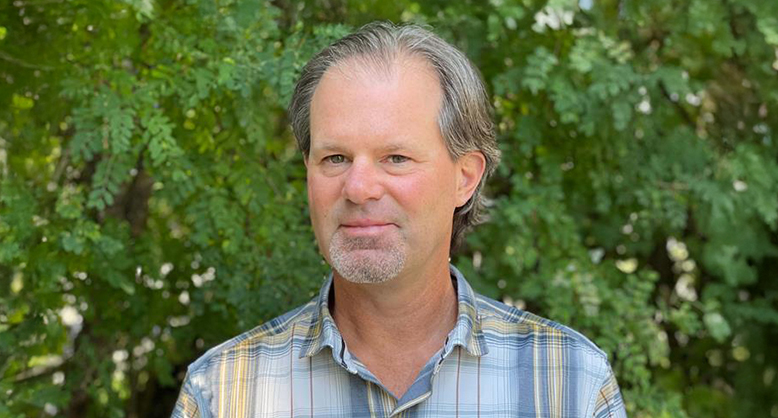
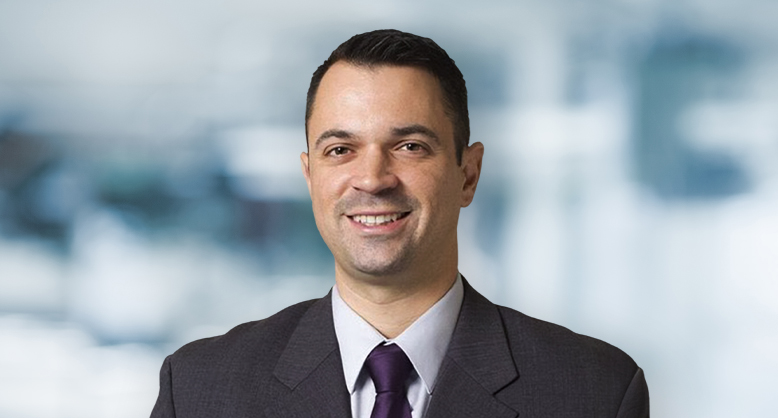
At SWCA, our engineering services are divided into two primary categories: Ecosystem Restoration Engineering and Site Civil & Energy Engineering.
Our Ecosystem restoration engineering team bring together a diverse group of engineers, landscape architects, scientists, planners, and cultural and natural resources experts to create innovative solutions for ecological challenges. Specializing in ecological restoration and water quality remediation, we work diligently in various environments, including streams, wetlands, and coastal shorelines. Our projects are designed to improve water quality and to foster and sustain diverse aquatic communities. By integrating cutting-edge science with practical engineering solutions, we aim to restore natural habitats and promote ecological balance.
Our Site Civil & Energy engineering team focuses on providing robust and reliable civil engineering services tailored for the energy sector. We offer a comprehensive suite of services that include preliminary civil construction layouts, detailed drainage plans, and effective stormwater management strategies for both preconstruction and post construction phases. Our expertise extends to floodplain engineering, ensuring that projects are resilient to environmental challenges. Additionally, we develop detailed final construction plans that align with industry standards and sustainability goals. Our approach ensures that energy projects are not only efficiently executed but also environmentally responsible, supporting long-term operational success.
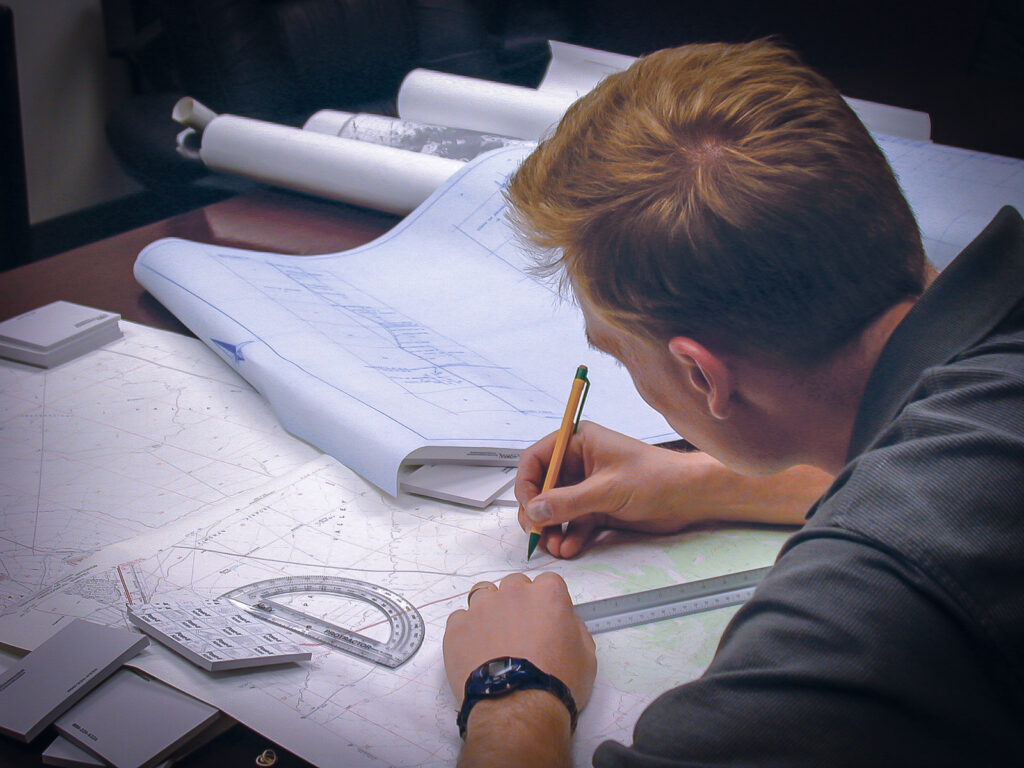
Fish passage and aquatic organism connectivity is one of the most critical aspects of river restoration. Fish have an amazing ability to find habitat once they have access, and our fish passage designs strive for volitional fish passage at all flows. Whether it’s a fish ladder, a diversion screen, or a stream simulation culvert, our designs are robust and able to accommodate all species.
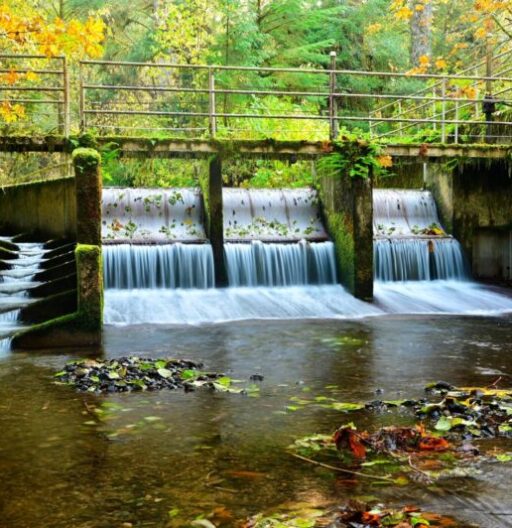
Nature-based solutions (NbS) protect, sustainably manage, or restore ecosystems to address societal challenges while benefiting both people and the environment. Our projects, including coastal marsh restoration, dune stabilization, and the creation of living shorelines, are designed to buffer against storm surges, reduce coastal erosion, and improve water quality. These efforts are cost-effective and compatible with existing infrastructure, providing natural defenses that adapt to changing conditions. Additionally, we restore wetlands to absorb and filter water, protect forests to capture carbon and reduce erosion, and restore rivers to mitigate flooding. By enhancing both coastal and inland ecosystems, our solutions contribute to resilient communities and sustainable environmental health.
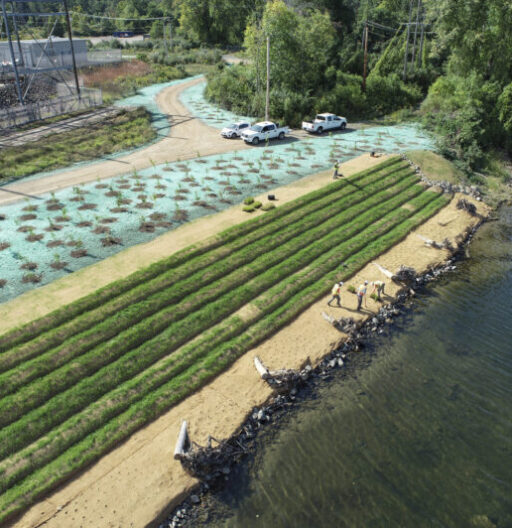
The SWCA team has led or been a key team member of more than 25 dam removals across the country. Our successful leadership extends across the entire process that includes planning, design, permitting, and overseeing construction of dam removals. Our expertise with these legacy projects is unrivaled due to our on-the-ground experience and involvement with all phases of project execution, including community and stakeholder outreach.
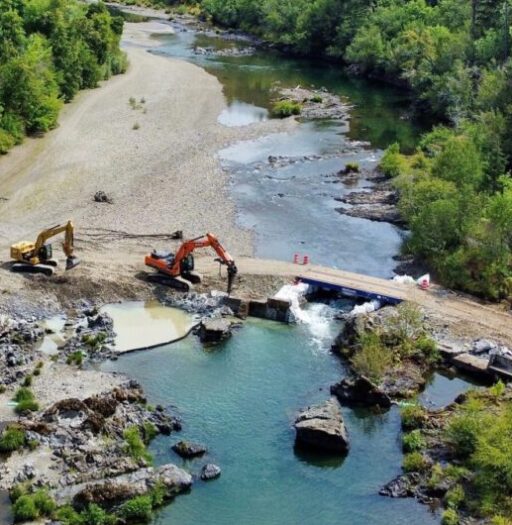
SWCA’s floodplain services are rooted in a deep understanding of watershed processes and floodplain regulatory requirements. When projects are located in floodplains, our team can recommend the best solution to evaluate flood risk and also walk you through the potential regulatory permitting process. Our team are experts in Federal Emergency Management Agency (FEMA) National Flood Insurance Program (NFIP) requirements, as well as understanding how local floodplain ordinances may deviate from the national standard. SWCA delivers solutions that streamline floodplain permitting process and balance development needs. When working outside regulatory floodplains, our team employs advanced modeling techniques to analyze floodplain dynamics, ensuring that projects are resilient to flooding and other water-related challenges. With a focus on both preconstruction and post construction phases, we ensure that floodplain management strategies align with project delivery scheduling, long-term operational success, and sustainability goals.
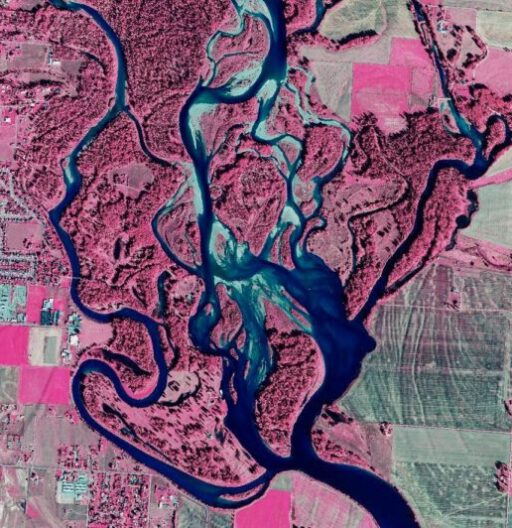
SWCA’s living shoreline design services focus on creating nature-based solutions to address coastal erosion, flooding, and habitat degradation. We combine expertise in coastal erosion research, fluvial geomorphology, and hydrologic assessments to design sustainable and resilient shorelines that protect ecosystems and communities. SWCA’s living shoreline projects incorporate green infrastructure and natural materials to stabilize shorelines, reduce wave energy, and enhance habitat for aquatic and terrestrial species. The solutions are both scientifically sound and cost-effective, tailored to integrate seamlessly with existing infrastructure while promoting long-term ecological and climate stability.
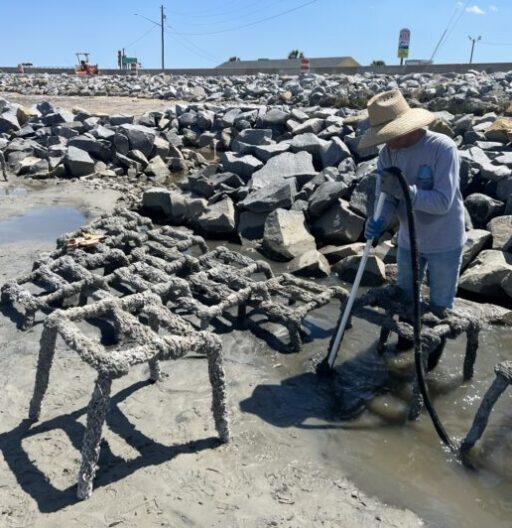
SWCA’s engineers and drafters delivers comprehensive design services, from initial concepts through final construction drawing sets. We serve the full range of markets, from solar and generation, to transmission, to mining. Our engineers collaborate closely with environmental and cultural resources teams to evaluate the need for stormwater management controls, and to ensure successful and rapid permitting. We strategically design these systems to optimize buildable space while preserving the site’s natural features and minimizing environmental impact. We can offer revenue generating opportunities through enhanced mitigation and restoration design elements.
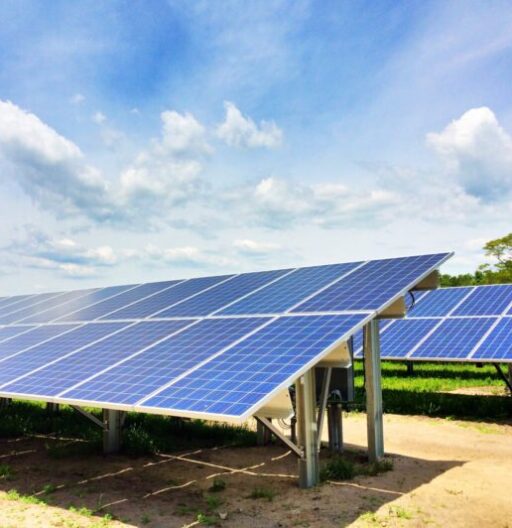
SWCA’s stream restoration engineering services are designed to revitalize and sustain the dynamic environments of natural waterways. Our team applies expertise in fluvial geomorphology, natural channel design, and watershed hydrology to restore stream channels to their natural form and function. By addressing erosion control, sediment transport, and habitat enhancement, we develop solutions that improve water quality and support diverse aquatic communities. Our stream restoration projects are carefully planned to ensure regulatory compliance, minimize environmental impact, and foster resilient ecosystems. Through innovative engineering and scientific insight, we deliver sustainable outcomes that enhance the ecological integrity and hydrological balance of stream systems.
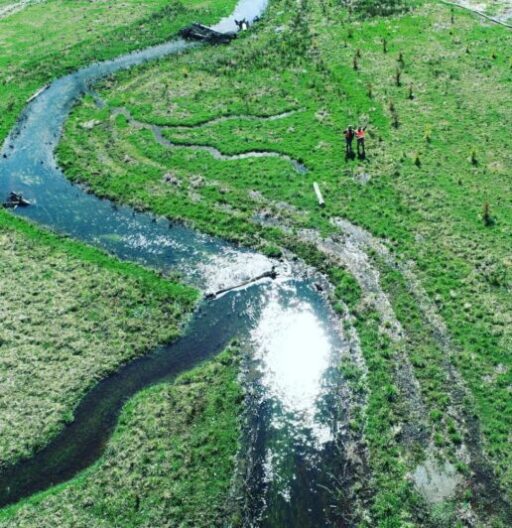
SWCA’s watershed master planning services are comprehensive and science-driven, aimed at restoring and preserving watershed health while addressing societal and environmental challenges. The team integrates expertise in watershed hydrology, sediment transport, and ecological restoration to develop master plans that improve water quality, enhance aquatic habitats, and mitigate flooding risks. SWCA’s approach includes asset inventory and assessment, advanced hydrologic and hydraulic analysis, and modeling of watersheds to create actionable plans tailored to the unique needs of each project. The master planning efforts are both innovative and effective, designed to meet regulatory requirements, support sustainable development, and promote ecological balance across diverse environments.
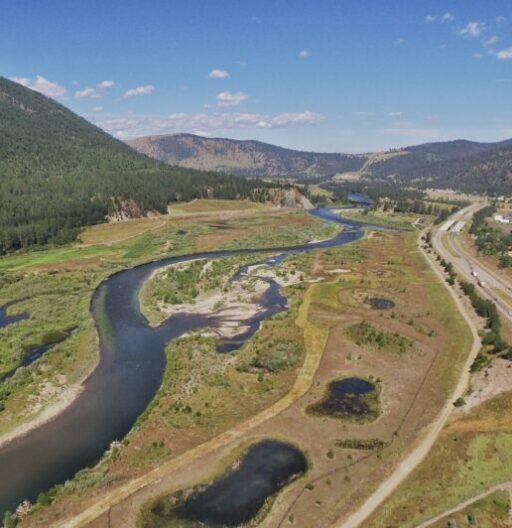
SWCA’s wetland restoration engineering services focus on restoring and enhancing wetland ecosystems to promote biodiversity and improve water quality. Our team specializes in ecological restoration techniques that address hydrological regimes, soil conditions, and native vegetation establishment. By leveraging our knowledge in wetland hydrology and sediment dynamics, we create designs that restore natural water flow and habitat complexity. Our commitment to regulatory compliance and environmental stewardship ensures that wetland restoration projects are executed efficiently while fostering resilient ecosystems. Through a blend of scientific expertise and engineering innovation, we deliver sustainable solutions that support the ecological and hydrological functions of wetlands.
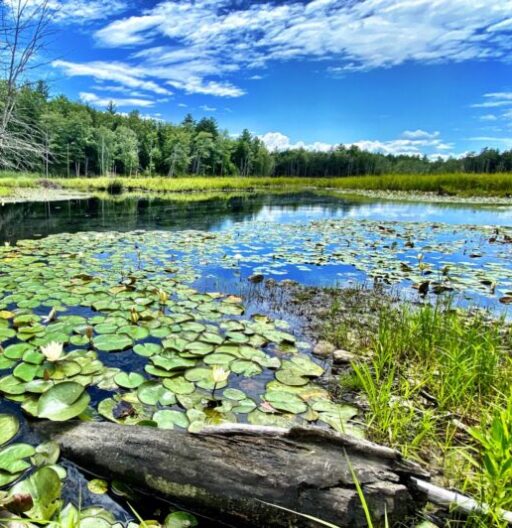
Dave is SWCA’s Vice President of Engineering with 35 years of experience. He oversees engineering operations, drives strategic initiatives, and focuses on riverine modeling, watershed restoration, and stormwater management. He holds a master’s in water resources.
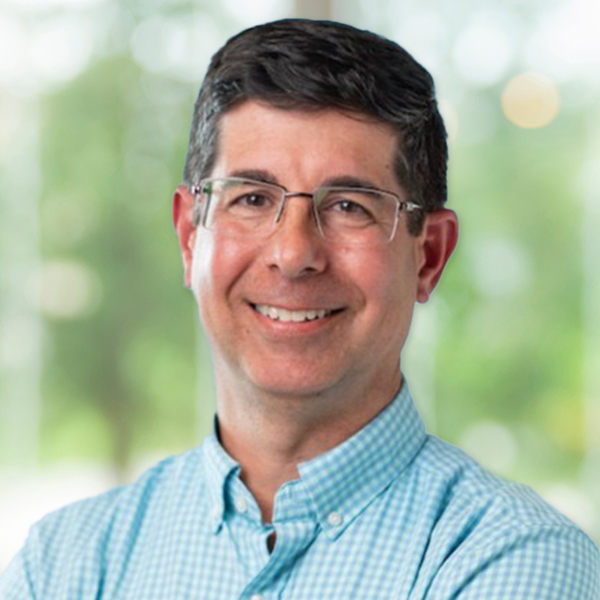
Matt, a Professional Engineer, has 17 years of experience in civil engineering and environmental engineering. His expertise includes site development, erosion and sediment control layout and design, earthwork cut/fill analysis, site hydraulic and hydrology analysis.
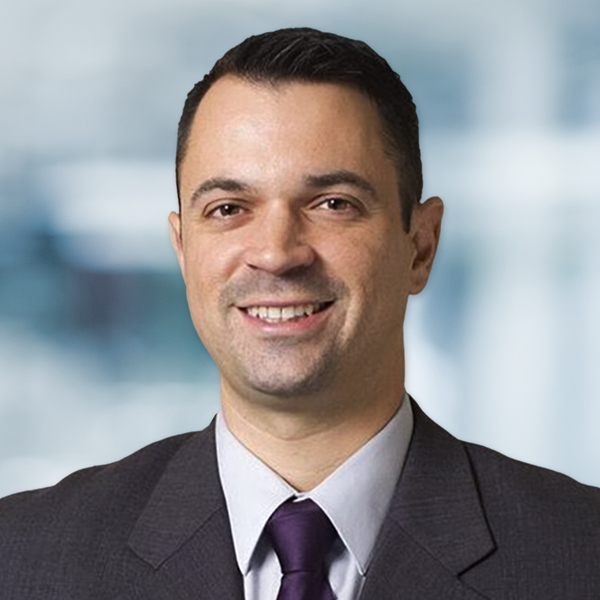
Scott has been the engineer of record for over 100 river restoration projects where he has performed the design and been on site for construction. His expertise includes alternatives development, watershed restoration planning, project prioritization, design, and construction oversight.

Matt has over 30 years of experience as a civil engineer, he’s participated in the assessment, design, permitting, implementation and monitoring of numerous restoration and fish passage projects throughout the Western US.
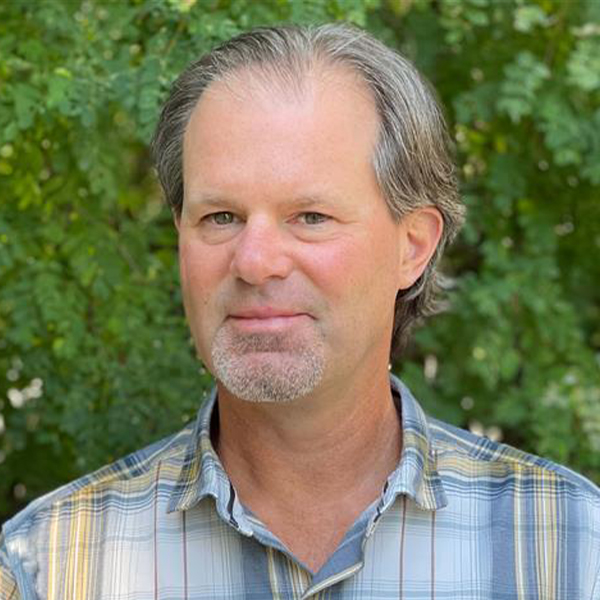
Tim, a Civil Engineer, is experienced in ecosystem restoration, stream/watershed assessment, and water resources engineering. His expertise includes, habitat restoration, sediment pollution, public safety, stormwater treatment, and stream/wetland mitigation.
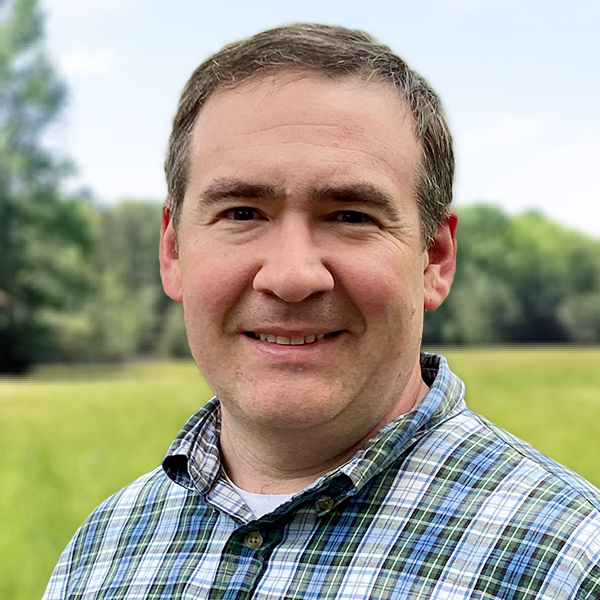
Troy has 25 years’ expertise in watershed science and fluvial geomorphology. His experience includes coastal erosion research, living shoreline designs, streambank restoration and stabilization, and restoration of natural hydrologic and physical processes.
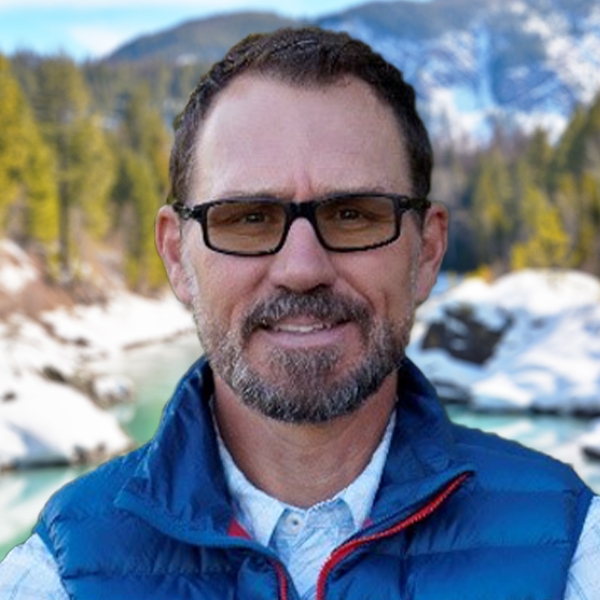
o Russell Bartlett, a licensed Professional Engineer in Oregon and Idaho, has over 17 years of experience leading dam removal, fish passage, and river restoration projects across the Pacific Northwest. He supports all phases of project planning and design, including project management, client coordination, field data collection (bathymetric and topographic surveys), terrain modeling using AutoCAD Civil 3D, and both 1D and 2D hydraulic modeling. He makes extensive use of hydraulic models to evaluate how habitat enhancements affect site-specific hydraulic conditions. His restoration work spans Oregon, Washington, California, Montana, and Idaho.
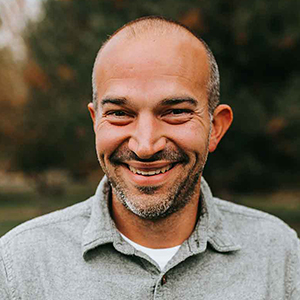
o Nate Wyatt has over 20 years of stream restoration design experience. As a principal engineer he has applied his knowledge of these techniques to over 200 projects. His experience includes data collection, surveying, restoration design, and project implementation. Nathan’s expertise includes the application of natural channel design principles for stream and river habitat enhancement and reconstruction, natural habitat structure design, hydraulic modeling, and design plan production. In addition, he carries designs through the construction phase as a construction oversight engineer. Nathan has served as the Engineer of Record on single and multi-phase stream restoration projects across Montana, Idaho, Washington, and Oregon.
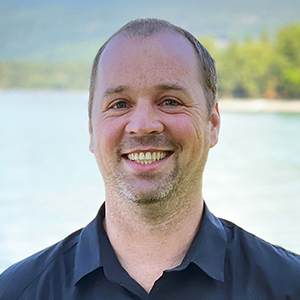
Josh has more than 16 years’ experience working on site stabilization, renewable energy, and ecosystem restoration projects across the country. He has spent much of his career in North Carolina and South Carolina serving both private- and public-sector clients. Josh works on a variety of projects, including solar site stabilization, solar site hydrologic and hydraulic modeling for stability analysis, floodplain vegetation/stabilization, stream and wetland restoration, and resiliency planning. Josh has extensive experience acquiring federal, state, and local permits for his projects, especially erosion and sediment control and stormwater permits such as NPDES Phase II permits, 401 Water Quality Certifications (WQC), and state and local land disturbance permits. All of his projects also have a revegetation component. Revegetation components are typically based on an appropriate nearby reference community and developed to restore the appropriate strata (canopy, understory, shrub, and herbaceous layers) for the site.
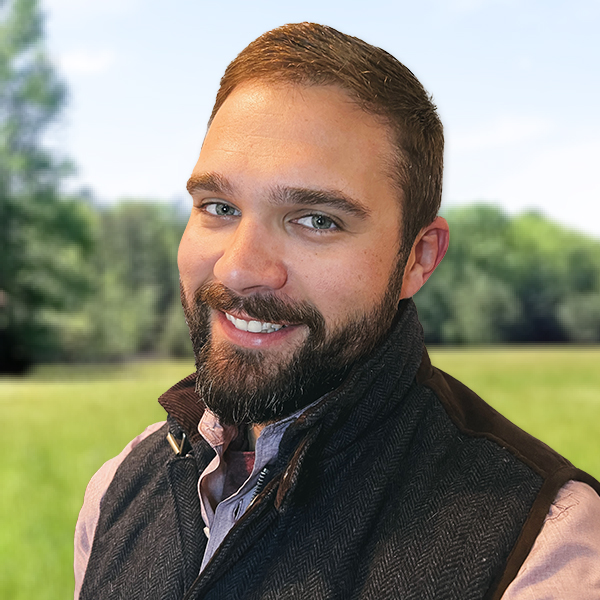
Subscribe to The Wire, SWCA’s quarterly newsletter that delivers the latest industry news, important regulatory updates, local events, and more straight to your inbox.